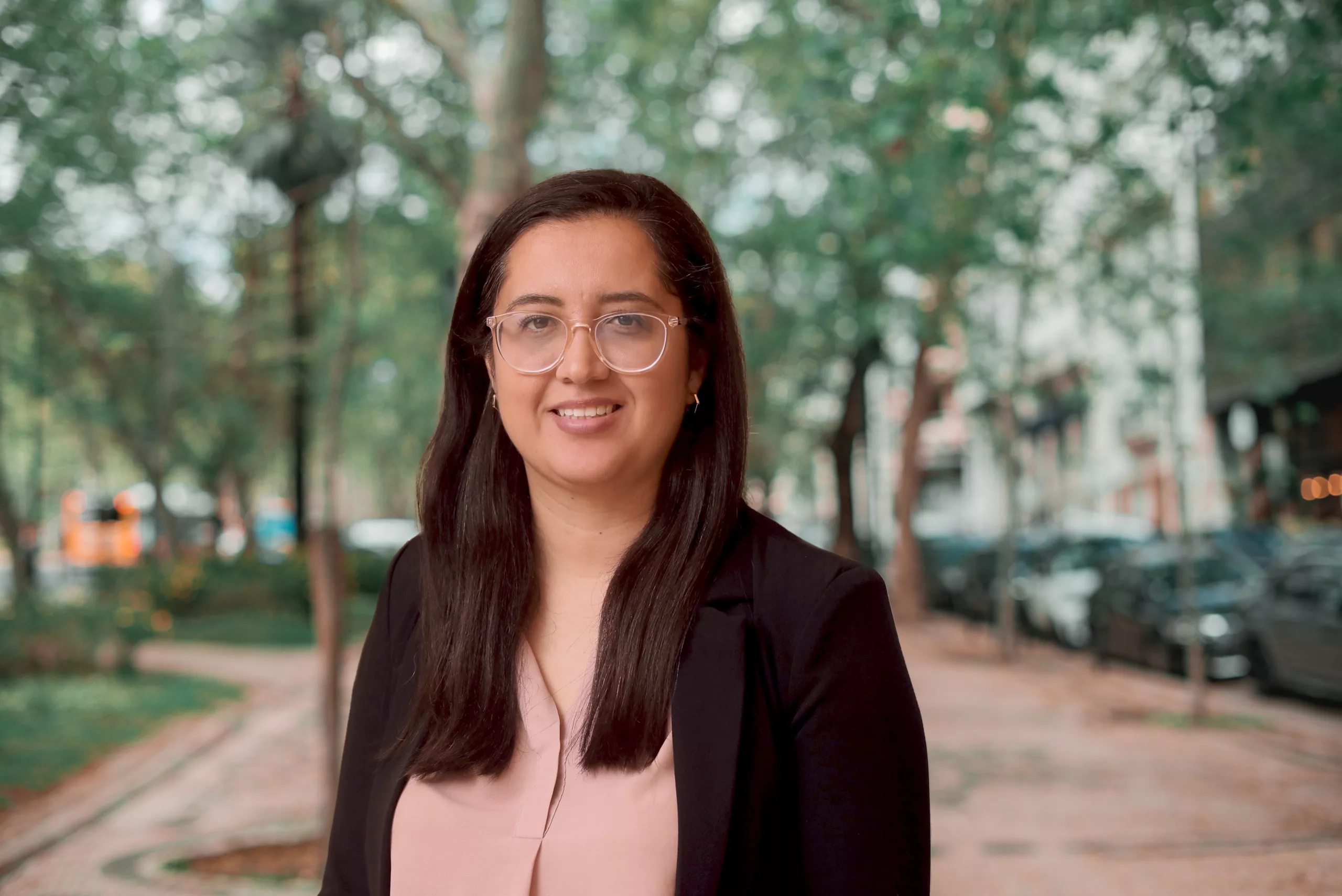
WHEN The Irish Times published an opinion article about Irish women’s obsession with fake tan on 11 May last, its author, Ecuadorian Adriana Acosta-Cortez tweeted criticising the newspaper for publishing “divisive tripe”.
It seemed like an odd thing for the author to do: to criticise the newspaper for publishing her own article. But less than 48 hours later we found out why – there is no such person as Adriana Acosta-Cortez, and her Twitter account was fake. Well, it was a real account, and a real article; real in the sense that it was generated by Artificial Intelligence (as was her picture). The Times was forced to apologise to readers, admitting that the editorial team had been duped by a prankster. The story was widely reported internationally.
In April, the German magazine, Der Spiegel knowingly published an AI-generated interview with the former Formula One driver Michael Schumacher. The magazine later apologised and fired the editor responsible after public backlash. Neither case brought down a government, swung an election or started a war; nevertheless, both raise profound questions about the role that Artificial Intelligence already plays in society.
The rise of new digital tools poses a direct challenge to higher education in particular: how can we best prepare graduates to contribute to society in an era when the only constant is change? And perhaps more selfishly, what is the value of higher education in an era of rapidly evolving technology? Universities, by their nature, are often resistant to change, but we need to be thought leaders in this space, not laggards.
Technology panic is nothing new, but AI has the potential to super-power misinformation.
The slightly reassuring point to note is that this is nothing new: advances in mass communication technology have always existed in an ethical Wild West while the rules, norms and laws catch up. Orson Welles’ 1938 “War of the Worlds” radio drama incited mass panic as the audience thought real Martians had invaded. The birth of television in Ireland caused frenzied hysteria over its corrupting influence on the moral fabric of Irish youth. “There was no sex in Ireland before television,” proclaimed Oliver J Flanagan in an infamous 1967 Dáil speech. Online disinformation may have tipped the balance in the 2016 US elections and the Brexit referendum. So-called ‘deep fakes’, while still in their infancy, allow us to watch Freddie Mercury and Elvis sing Crazy Little Thing Called Love in a duet. And we are still grappling with social media platforms 15 years after they began. This year’s Digital News Report Ireland shows an increase of 6% in concern among the Irish public about what is real and what is fake on the internet (64% in 2023). For 18–24 year olds in Ireland, social media is the most important source of news.
It’s fair to argue though that AI feels like a quantum leap in terms of the complexity of these challenges for society. It might sound like the script of The Terminator movie, but an AI defence system is probably not all that far away in terms of technical ability: controlling drones, deploying missiles and attacking the enemy. Certainly, the era of lawyers writing contracts and accountants processing spreadsheets are numbered: AI can do it better, cheaper and quicker. Recently, the German artist Boris Eldagsen refused to accept a prize in the Sony World Photography awards after revealing his winning entry was generated by AI, claiming it was designed to provoke debate. Bloomberg already uses AI to write some market news reports, and one of the demands of striking Writers Guild screen writers in Hollywood, alongside better pay and conditions, is that the big studios agree not to employ AI to replace their jobs.
It’s not all bad news. In fact, these technologies present us with many exciting opportunities. Visitors to Gaudí’s Casa Batlló in Barcelona can use augmented reality technologies to enjoy an immersive experience that affords audiences a deeper understanding of the artist’s perspective. The Metaverse Fashion Week 2023 held in Zuckerberg’s virtual, social realm in March allowed attendees to watch the show, go to parties and shop NFTs and wearables from Dolce&Gabbana and Tommy Hilfiger in a parallel world. These technologies invite the public to actively participate in storytelling processes – whether that’s participation in immersive experiences, or the generation of User–Generated Content (UGC) featured in the news.
The early 20th Century publisher William Greener warned that you should never pick a fight with anyone who buys ink by the barrel. (1) The threat spoke of an era of gatekeepers when traditional news media held enormous power. New technologies have democratised storytelling and now anyone with a smartphone is a publisher. But just because you can publish anything, anywhere, at any time, doesn’t mean that you should. New media technologies have made digital storytelling accessible to all, but people need to be trained to use these tools effectively if we are to maintain creative integrity and avoid the spread of disinformation.
Cyber ethics, nimble adaptability and academic integrity: core graduate attributes of the future.
Banning technologies like ChatGPT seems pointless: deep learning models can do a whole lot of menial tasks quickly, cheaper, and better than humans. Full disclosure: as an experiment, I used ChatGPT to write the first rough draft of this article. The opening stand-first to this article, highlighted in bold, was AI generated. It took me about 30 seconds to type the prompt, “Write an opinion piece for a mainly academic audience about how to teach university students to think critically about digital storytelling.”
I could have asked the software to also add references and tweak my comments to get a different sort of article. The writing was, to be honest, a bit boring, featuring a lot of “On the one hand… but on the other,” but it was certainly passable. Undoubtedly, at least some university students are using AI to generate near flawless essays and other assignments.
COVID 19 challenged us to radically re-think how we teach, and more importantly, how students learn. New technologies are turning everything on its head, again. As a research tool, these technologies are and will be as important as Google, so academics are going to have to find ways to integrate these new technologies into our teaching and our research. We are going to have to find ways to allow students to experiment, explore and be creative in a world in which AI will co-create assignments.
At the same time, we will have to define limits as to what is acceptable, appropriate and ethical in a world where there are no maps. Moral reasoning and philosophy may need to be a core subject on all degree programmes. Cyber ethics will be as important a subject in the secondary school curriculum as History or French.
Society will take time to adjust, but we will find an equilibrium as we come to terms with new creative technologies. Issues of trust and accountability are at the core of that transition. If we can’t know what is real on television or social media, who can we trust? Where can we look for accuracy? We are yet to find clarity for these questions. First year journalism and media students at the University of Galway learn about verifying sources and take a module in digital literacy. There is a strong argument to be made for that sort of critical thinking and learning to be available to all students in all universities.
Resilience and nimble adaptability in the face of constant change will soon be core graduate attributes for 20-somethings as they emerge from universities and begin their careers. Some of our graduates will work in jobs that don’t yet exist, while others will find that they have trained for roles soon to become obsolete. There will also be a world after AI, the Metaverse, AR and VR. And what comes next will be just as daunting and scary, but when has the future ever failed to baffle and astound us?
Profiles

Deborah Miranda Roldán is a multimedia and communications professional with a decade of wide-ranging experience in film, TV advertising, social video and digital content production. She has worked with the United Nations Migration Agency (IOM) as Sr. Communications Specialist and currently works with Global Heart Hub, an alliance of heart patient organisations. She is a graduate of the University of Galway and is also a part-time lecturer in media and content production.